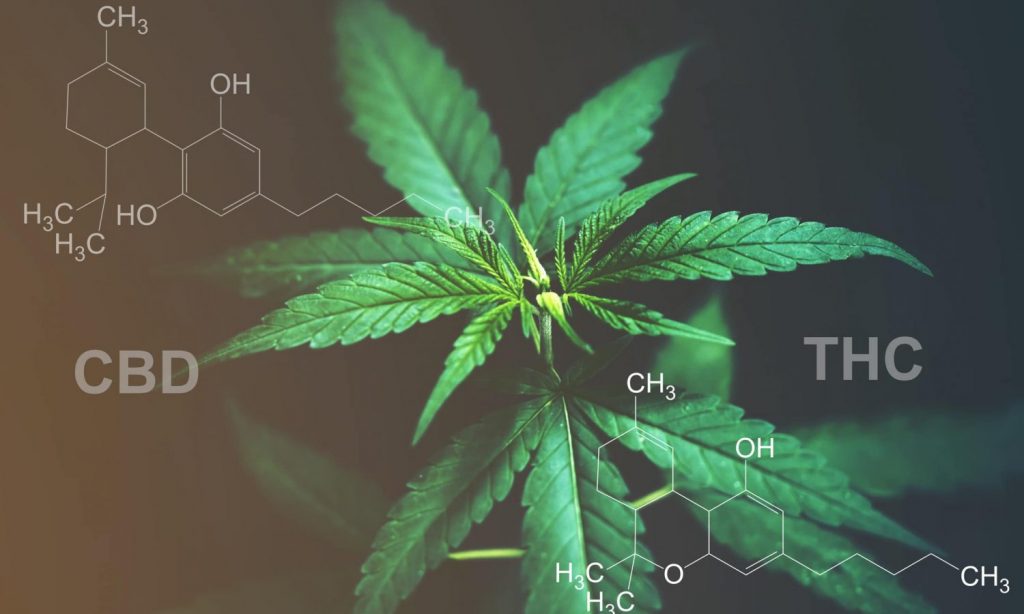Enhancing Sunscreen Effectiveness with CBD: A Powerful Combination
- Potent Antioxidant Protection: CBD is known for its powerful antioxidant properties, which can help neutralize free radicals caused by UV radiation. Free radicals are unstable molecules that can damage skin cells, leading to oxidative stress and premature aging. By adding CBD to your sunscreen, you can enhance its ability to combat these harmful free radicals, reducing the risk of wrinkles, fine lines, and other signs of aging.
Harnessing CBD’s Antioxidant Properties for Skin Protection
- Anti-Inflammatory Effects: Sunburns can cause redness, swelling, and discomfort due to inflammation. CBD’s anti-inflammatory properties can help soothe the skin and alleviate these symptoms. When applied topically, CBD can interact with cannabinoid receptors in the skin, modulating the immune response and reducing inflammation.
Soothing Sunburns and Reducing Inflammation with CBD
- Skin Healing: CBD’s potential healing properties can be beneficial for sun-damaged skin. Sun exposure can disrupt the skin barrier, leading to dryness, peeling, and an increased risk of infection. CBD oil can aid in repairing and rejuvenating the skin by promoting the production of healthy skin cells.
CBD’s Potential for Skin Healing and Rejuvenation
CBD’s potential for skin healing and rejuvenation extends beyond its anti-inflammatory and antioxidant properties. One of the remarkable qualities of CBD is its ability to moisturize and nourish the skin, promoting a healthy complexion and supporting overall skin health.
When applied topically, CBD interacts with receptors in the skin known as cannabinoid receptors. These receptors are part of the endocannabinoid system, which plays a crucial role in maintaining the skin’s balance and regulating various physiological processes. CBD’s interaction with these receptors can help regulate sebum production, the skin’s natural oil. This is especially beneficial for individuals with oily or acne-prone skin, as excessive sebum production can lead to clogged pores and breakouts. By balancing sebum production, CBD can contribute to clearer, more balanced skin.
Furthermore, CBD’s moisturizing properties help to replenish and retain moisture in the skin. It forms a barrier on the skin’s surface, preventing water loss and locking in hydration. This can be particularly beneficial for individuals with dry or dehydrated skin, as CBD helps to restore the skin’s natural moisture balance and alleviate dryness. By keeping the skin adequately moisturized, CBD promotes a healthy and supple complexion.
In addition to its moisturizing qualities, CBD contains essential fatty acids, such as omega-3 and omega-6, which are beneficial for the skin. These fatty acids help to strengthen the skin’s natural barrier function, allowing it to better retain moisture and protect against external aggressors. They also have anti-inflammatory properties that can calm and soothe irritated or inflamed skin, reducing redness and promoting a more even skin tone.
Moreover, CBD’s potential to promote skin rejuvenation is attributed to its ability to support the production of healthy skin cells. It stimulates the process of cellular regeneration, which plays a crucial role in maintaining the skin’s youthfulness and vitality. By promoting the growth of new skin cells, CBD can help fade the appearance of blemishes, scars, and hyperpigmentation, leading to a more even complexion.
| Benefits and Use Cases |
Description |
| Anti-Inflammatory |
CBD’s anti-inflammatory properties alleviate redness, swelling, and discomfort in skin conditions like acne, eczema, and psoriasis. |
| Antioxidant Protection |
CBD’s antioxidants neutralize free radicals caused by UV radiation, reducing wrinkles and premature aging. |
| Soothing Sensitive Skin |
CBD soothes sensitive or irritated skin, making it suitable for individuals with reactive skin types. |
| Skin Healing |
CBD promotes the healing of sun-damaged skin by aiding in the production of healthy skin cells. |
| Moisturizing |
CBD moisturizes the skin, replenishing moisture and supporting a healthy, supple complexion. |
| Skin Rejuvenation |
CBD stimulates the growth of healthy skin cells, helping to fade blemishes and promote a more even complexion. |
The combination of CBD’s moisturizing, nourishing, and rejuvenating properties makes it a valuable ingredient in skincare formulations. Whether incorporated into moisturizers, serums, or masks, CBD can provide the skin with the necessary elements to restore its natural balance, promote healing, and enhance its overall resilience. It offers a holistic approach to skincare, addressing multiple concerns and supporting the skin’s health and appearance.
When CBD is combined with sunscreen, these skin-healing and rejuvenating qualities can further enhance the overall benefits of sun protection. CBD’s moisturizing properties help counteract the potential drying effects of sun exposure, while its ability to promote skin rejuvenation aids in repairing any damage caused by UV radiation. By incorporating CBD into sunscreen, you can not only protect your skin from the sun’s harmful rays but also provide it with nourishment and support its natural healing processes.
It’s important to note that the effectiveness of CBD in skincare may vary from person to person, and individual results may differ. It’s advisable to choose high-quality CBD skincare products from reputable brands and perform patch tests before applying them to larger areas of the skin. Consulting with a dermatologist or skincare professional can also provide personalized recommendations based on your specific skin concerns and needs.
Overall, CBD’s potential for skin healing and rejuvenation, coupled with its moisturizing and nourishing qualities, make it a versatile ingredient in skincare. When combined with sunscreen, CBD offers a comprehensive approach to protecting and caring for the skin, promoting its overall health, and helping it look its best.
Hemp Seed Oil: A Natural Source of Sun Protection
In addition to the benefits of CBD, another component of the cannabis plant, hemp seed oil, offers some natural sun protection. Hemp seed oil is derived from the seeds of the hemp plant and has been recognized for its various skincare benefits. While it cannot replace the need for traditional sunscreen, it can provide an added layer of defense against the sun’s harmful UV rays.
Hemp seed oil contains natural compounds that act as sun protectants. It has an approximate Sun Protection Factor (SPF) of 6, which means it can block about 75% of UVB rays. However, it is important to note that this level of sun protection is relatively low compared to the broad-spectrum protection provided by SPF-rated sunscreens. Therefore, it is crucial to combine hemp seed oil with other sun protection measures for comprehensive coverage.
The inclusion of hemp seed oil in sunscreen formulations can offer additional benefits for the skin. Hemp seed oil is rich in essential fatty acids, such as omega-3 and omega-6, which are known for their moisturizing and nourishing properties. These fatty acids help to keep the skin hydrated, improve its elasticity, and support its natural barrier function. By maintaining the skin’s moisture levels, hemp seed oil can prevent dryness and promote a healthy, supple complexion.
Furthermore, hemp seed oil is abundant in antioxidants, including vitamin E, which can help protect the skin from free radicals generated by UV exposure. Free radicals are unstable molecules that can damage the skin’s cells and contribute to premature aging. The antioxidant properties of hemp seed oil can counteract the oxidative stress caused by UV radiation, reducing the risk of wrinkles, fine lines, and other signs of photoaging.


 Cannabis News1 year ago
Cannabis News1 year ago
 One-Hit Wonders1 year ago
One-Hit Wonders1 year ago
 Cannabis 1011 year ago
Cannabis 1011 year ago
 drug testing7 months ago
drug testing7 months ago
 Marijuana Business Daily1 year ago
Marijuana Business Daily1 year ago
 Education1 year ago
Education1 year ago
 Cannabis1 year ago
Cannabis1 year ago
 Education1 year ago
Education1 year ago


























